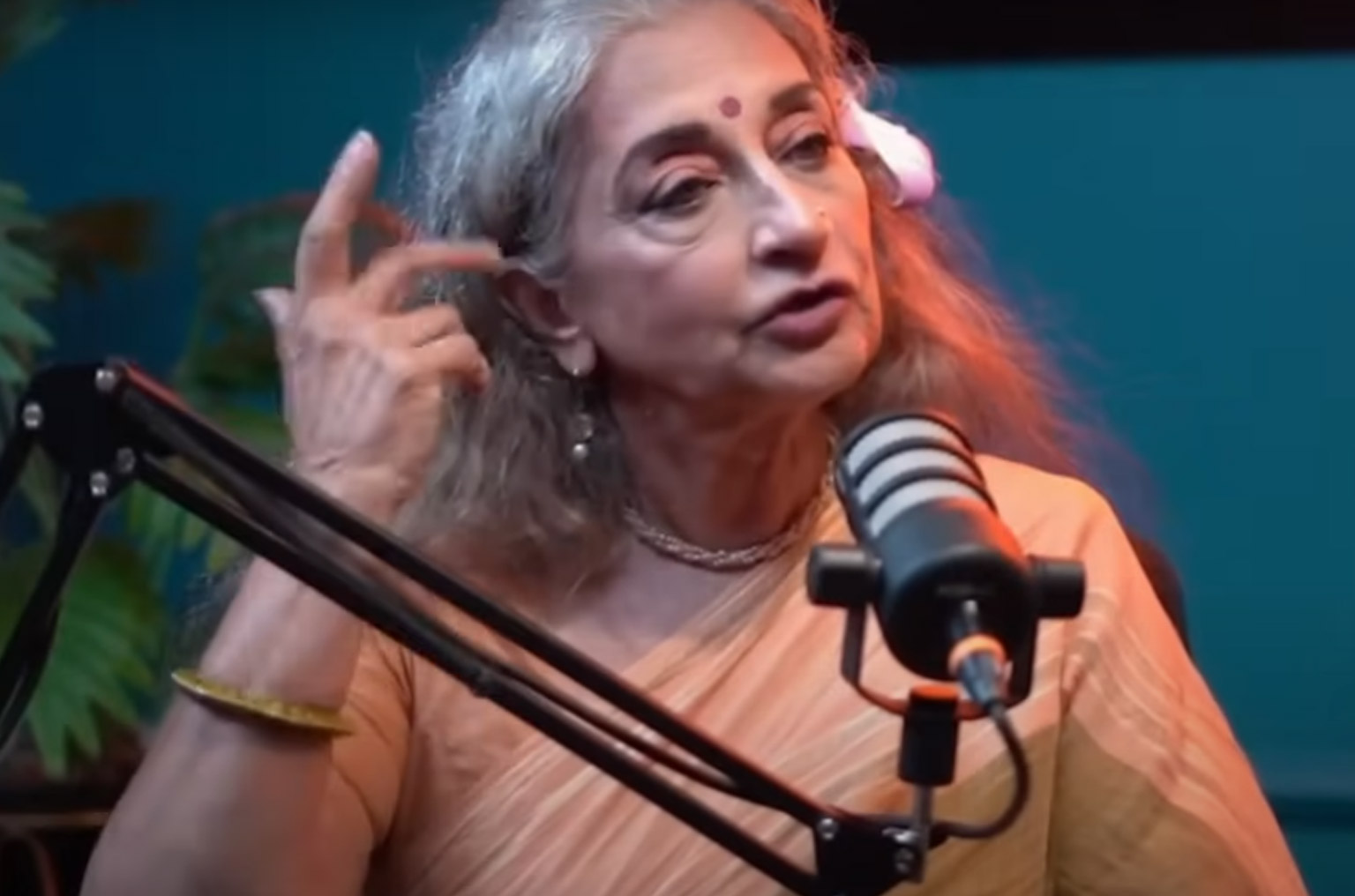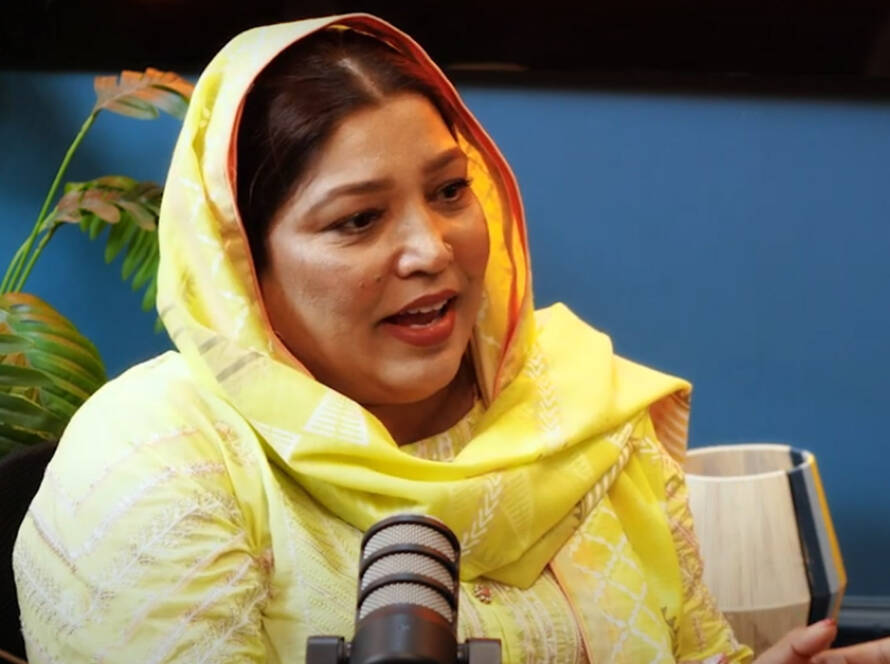On Making of Pasoori, Ban on Classical Dance
This podcast features Sheema Kermani, a highly influential woman from Pakistan. She is a classical dancer, social activist, and the founder of Tehrik-e-Niswan. The discussion covers various aspects of her life and work.
A Life Dedicated to Dance
Sheema Kermani is introduced as one of the most influential women in Pakistan, a classical dancer, and a social activist. She is also the founder of Tehrik-e-Niswan. She recently received the Pride of Performance award from the Government of Pakistan. She trained in classical dance in Karachi and learned forms like Bharatnatyam and Kathak. She continued performing even during challenging times when many classical dancers left the country, remaining determined to keep dancing. She views her art as a form of worship and connection.
“Pasoori” and Renewed Interest in Classical Dance
Sheema talks about her recent appearance in the popular song “Pasoori”. Initially hesitant due to its corporate nature, she agreed, given the freedom to choreograph her part. Her classical-based movements in the song were well-received and generated renewed interest in classical dance.
Art as Activism: Standing for Women’s Rights
Sheema emphasizes that her art is a way of life and a political statement, connecting it to the issues around her, particularly women’s rights. She discusses the challenges women face in Pakistan, including violence, forced conversions, and the lack of justice. Despite the challenges, Sheema acknowledges the positive changes and growing awareness of women’s rights in Pakistan, mentioning the impact of the Aurat March and the increasing number of women speaking out against injustice. She criticizes the media for promoting regressive content and glorifying the oppression of women.
Inspiration and Empowerment
Sheema shares stories and experiences that have inspired her, including the resilience and strength of women. She emphasizes the importance of women recognizing their power and changing their lives. She recalls a powerful performance where an old man was moved to encourage his daughter to break free from her chains and recounts an incident where they continued their performance despite a bomb blast, highlighting their determination to keep traditions alive.





